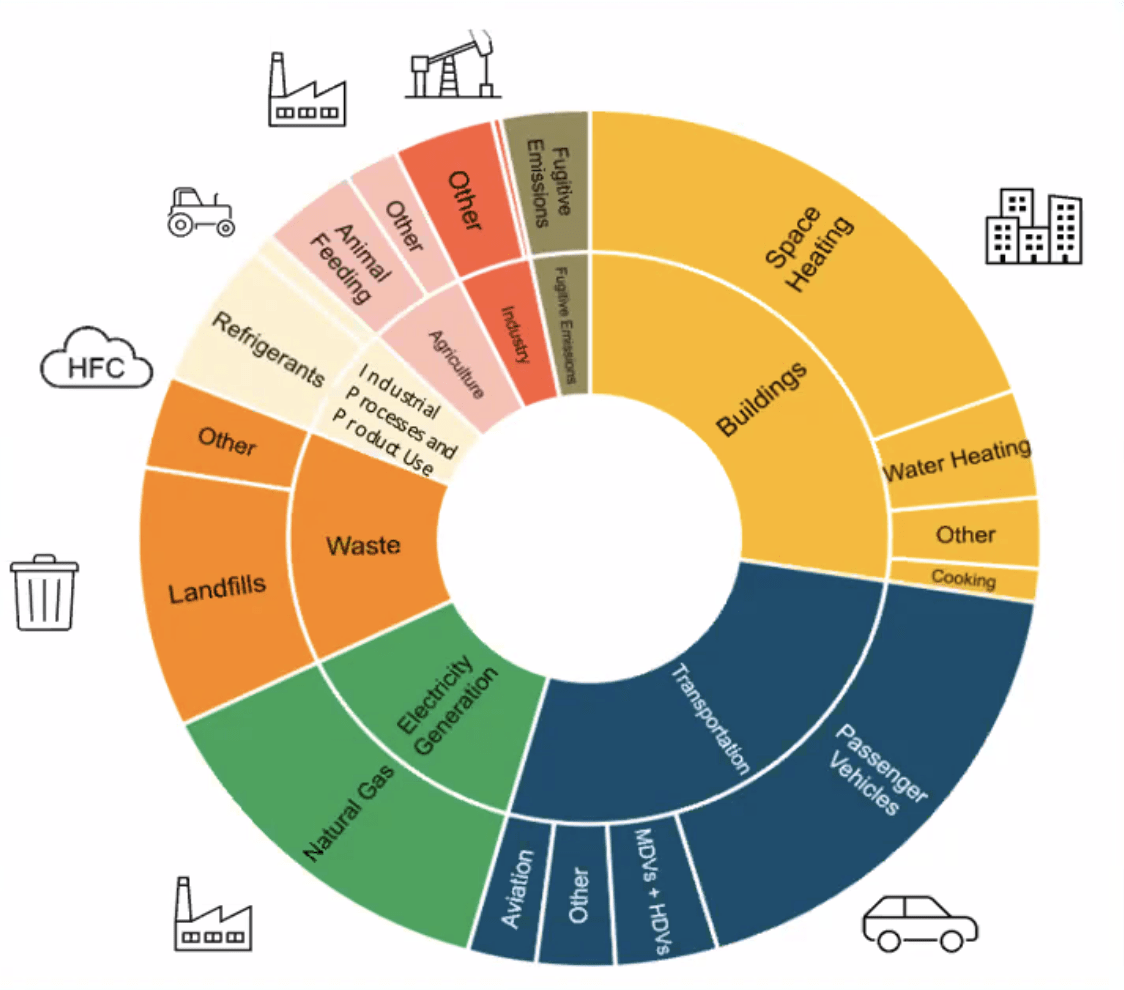Join us for a panel presentation of opportunities for NYers to reduce our greenhouse gas emissions through efficiency and electrification!
Electrify New York (efficiency & electrification opportunities)
- November 19
- 2:30-4pm
- G01 Biotech
- Register for free zoom participation: https://cornell.zoom.us/webinar/register/WN__9EPXxM1RMistO-gT-aanw
See also the Nov 20 companion hands-on Energy Expo: Featuring fossil-fuel-free equipment, tools, tech, & management strategies
PANEL: Electrify New York (efficiency & electrification opportunities)
Efficiency+Electrification = Improved Air Quality + Reduced Greenhouse Gas Emissions + Conserved NYS Natural Resources
In 2019, New York State passed ambitious greenhouse gas (GHG) mitigating legislation. Most of NYS’s greenhouse gas emissions come from combusting fossil fuels for heating, cooling, and transportation used in our personal and professional lives. Anything we can do in our local communities to reduce this fossil combustion improves our air quality, reduces GHG, and reduces the demand on rural landscapes to support renewable energy projects. Come join a panel of Extension, Community Organizers, NYS Office of Climate, and Technical Service Providers as we discuss opportunities that mobilize energy efficiency and electrification projects in our local communities to conserve our shared natural resources.
Panelists:
- Overview: Integrating Multiple NYS Goals to Conserve our Finite Landbase –Jenifer Wightman, Cornell University
- Farm Energy Efficiencies: Accessing Technical Support & Grants -Gabriel Gurley, CCE-Tompkins
- Electrify Landscaping Equipment: Save Money, Energy, & Heath -Ken Estes, CCE-Livingston
- Weatherize Homes: Save Energy, Reduce GHG, Protect Health -Josh Randall, CCE-Niagara
- Efficiency Pilots: Life Changing Impact for Low Income Homeowners: Join a Manufactured Housing working group to help build policy in NYS -Danielle Eiseman, Dept of Public and Ecosystem Health, Cornell University
- pending, Steven Winter Associates, Multi-family building retrofit playbook
- NYS Cap and Invest (NYCI) Program (zooming in) -Maureen Leddy, Office of Climate Change
Did You Know
Most of our Greenhouse Gas emissions come from fueling our buildings and transportation?
-
- These emissions can be reduced dramatically by efficiency and electrification while improving equity and well-being for all.
Did You Know
In 2019, NYS passed unprecedented legislation: Reduce GHG emissions 85% by 2050?
- See the literal Legislation of the Climate Leadership and Community Protection Act, here: https://www.nysenate.gov/legislation/bills/2019/S6599
- See the current Scoping Plan of how we get to 2050, here: https://climate.ny.gov/Resources/Scoping-Plan
- See the path to renewables, here: https://climate.ny.gov/Get-Involved/Transforming-Our-Energy-Sources
- For Everything Else, check out NYS main page for this work: https://climate.ny.gov/
This panel is part of the larger 3-day Cornell Cooperative Extension conference: Agriculture, Food & Environmental Systems In-Service (Nov 19-21, 2024)
DEFINITIONS:
- Decarbonization: reducing or eliminating carbon (fossil fuel) emissions from a sector (transportation, buildings, and power).
- Electrification: replacing technologies that run on fossil fuels with alternatives that run efficiently on electricity. It also means generating all that electricity from clean energy rather than fossil fuels.
- This is a great introductory website: Electrify Now!
- Weatherization: home improvements that reduce energy use and make homes more comfortable (moisture control, air sealing, ventilation, and upgrades to insulation, doors and windows).





















